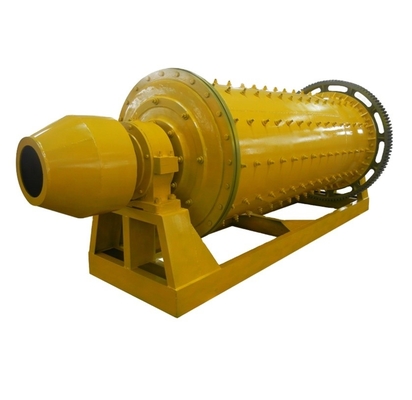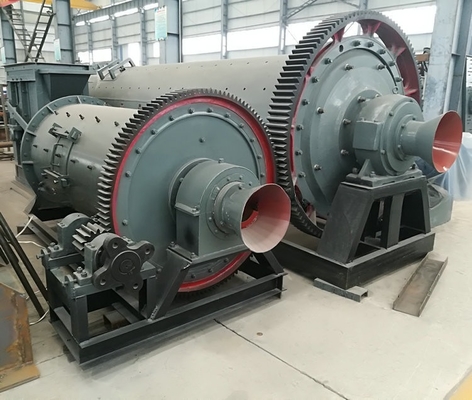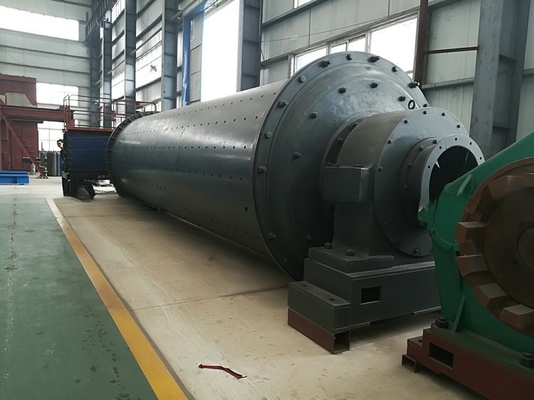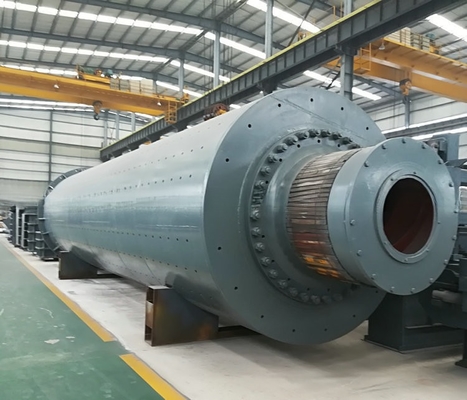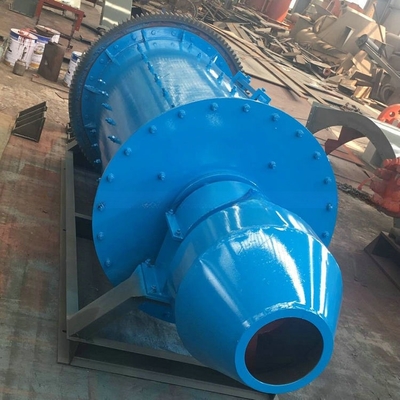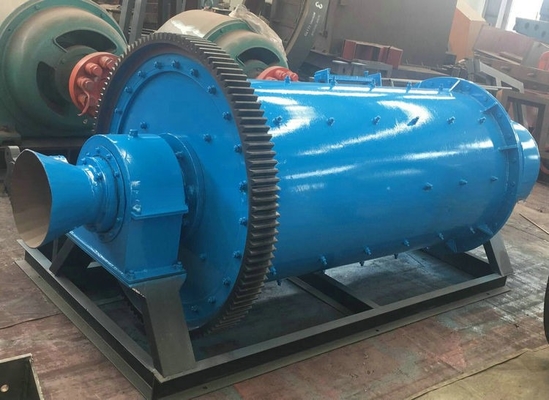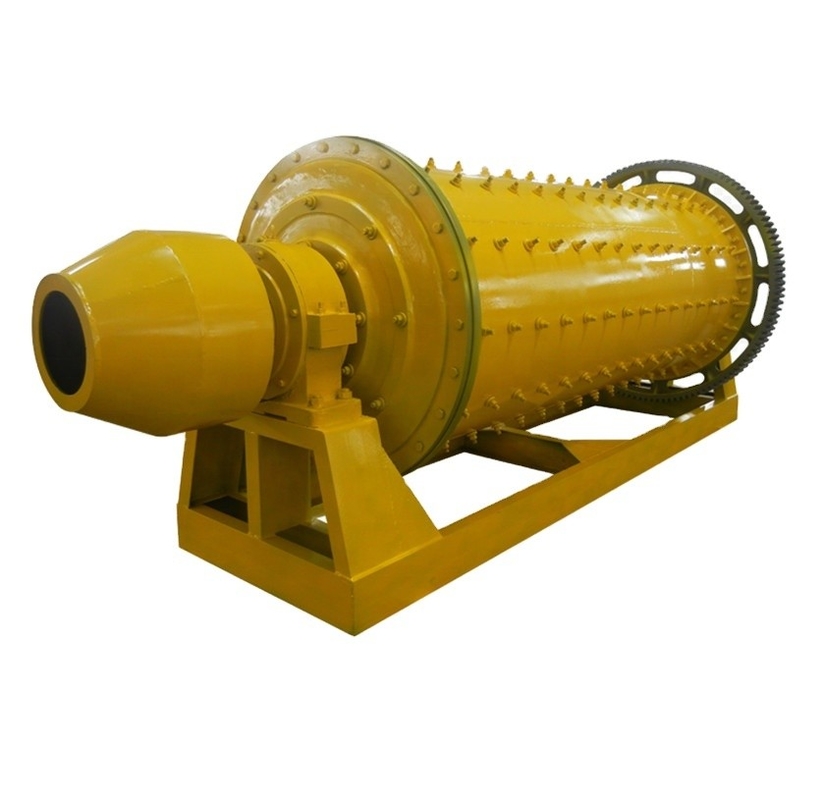Laboratory dry type gold processing ball mill machine for both wet and dry fine grinding
Product Details:
| Place of Origin: | Henan, China |
| Brand Name: | Sinolion |
Payment & Shipping Terms:
| Minimum Order Quantity: | 1 unit |
|---|---|
| Price: | $2,800.00/sets >=1 sets |
|
Detail Information |
|||
| Applicable Industries: | Energy & Mining | Showroom Location: | None |
|---|---|---|---|
| Video Outgoing-inspection: | Provided | Machinery Test Report: | Provided |
| Marketing Type: | New Product 2020 | Warranty Of Core Components: | 1 Year |
| Core Components: | Motor | Condition: | New |
| Type: | Laboratory Dry Type Gold Processing Ball Mill Machine Price | Motor Type: | AC Motor |
| Capacity(t/h): | 0.5-83t/h | Dimension(L*W*H): | Based On Different Model |
| Weight: | 3.6 KG | Warranty: | 1 Year |
| Product Name: | High Efficiency Mining Equipment Ore Wet Grinding Ball Mill Machine | Application: | Gold Ore, Iron Ore, Copper, Quartz, Limestone, Building Material, Etc |
| Liner: | High Manganese, Rubber, Ceramic(as Client Request) | Spare Parts: | Liner, Grinding Balls |
| Flow Chart And Foundation: | Supply By Seller | Operation: | Automatically |
| After Sale Service: | The Whole Using Life | Grinding Way: | Wet Or Dry |
| Test & Installation: | Professional Engineer Supplies Any Help | Color: | Yellow, White, Red, Blue, Gray( Or As Client Request) |
Product Description
Product Description
Ball Mill Introduction
There are three main stages to mineral processing in the mining industry. These are:
* Comminution (crushing and grinding).
* Beneficiation (separation and concentration).
* Smelting and refining.
* Beneficiation (separation and concentration).
* Smelting and refining.
Ball mills are employed in the comminution stage as grinding machines (size reduction). The purpose of grinders in the mining industry is to reduce the feed material size in order to liberate the minerals from the barren rock. Ball mills are the most common grinding machine employed in the mining industry. Grinding occurs in a single stage, or multiple stages. Multiple stages may include a rod mill followed by a ball mill (two stage circuit), or a semi-autogenous grinding (SAG) mill followed by a ball mill (two stage circuit). Smaller plants tend to add extra crushing stages in order to operate a single grinding stage only. If a ball mill uses little or no water during grinding, it is a ‘dry’ mill. If a ball mill uses water during grinding, it is a ‘wet’ mill. A typical ball mill will have a drum length that is 1 or 1.5 times the drum diameter. Ball mills with a drum length to diameter ratio greater than 1.5 are referred to as tube mills. Ball mills may be primary or secondary grinders. Primary grinders are fed from crushers such as a jaw crusher. Secondary grinders are fed from other grinders e.g. a rod mill. Ball mills are usually either of the grate (diaphragm) or overflow type.
Ball Mill Components
Ball mills consist of the following components:
* Inlet – crushed ore is fed to the ball mill through the inlet. A scoop ensures the feed to the mill is constant.
* Discharge – reduced feed exits the mill through the discharge.
* Inlet – crushed ore is fed to the ball mill through the inlet. A scoop ensures the feed to the mill is constant.
* Discharge – reduced feed exits the mill through the discharge.
Ball Mill Components
* Drum – the drum is the cylindrical casing of the ball mill. The inside of the drum is fitted with manganese steel alloy plates (‘armour’) that protect the steel shell from abrasion; it is also possible to use rubber as armour rather than manganese steel.
View Inside Ball Mill
* Ring Gear – a gear ring installed on the outer periphery of the drum.
* Electric Motor – a motor used to rotate the drum. The motor drive train leads to a gearbox than a ring gear. The motor is
usually fitted with a variable speed drive (VSD) to control the rpm of the ball mill.
* Gearbox – used for speed reduction from the motor to the ball mill.
* Balls – usually manufactured from manganese alloy steel, but the material depends upon for what material the mill will grind (chrome steel alloy and rubber also available). The size of the balls depends upon the size of the drum, typical ball sizes are two to three inches in diameter (four-inch balls are also possible).
* Bearings - smaller ball mills use anti-friction cylindrical roller bearings. Larger ball mills use trunnion bearings.
* Electric Motor – a motor used to rotate the drum. The motor drive train leads to a gearbox than a ring gear. The motor is
usually fitted with a variable speed drive (VSD) to control the rpm of the ball mill.
* Gearbox – used for speed reduction from the motor to the ball mill.
* Balls – usually manufactured from manganese alloy steel, but the material depends upon for what material the mill will grind (chrome steel alloy and rubber also available). The size of the balls depends upon the size of the drum, typical ball sizes are two to three inches in diameter (four-inch balls are also possible).
* Bearings - smaller ball mills use anti-friction cylindrical roller bearings. Larger ball mills use trunnion bearings.
Discuss your project and contact our engineers
Successful Cases
Recommend Products
Company Profile
Product packaging
FAQ
Semi-Automatic PET Bottle Blowing Machine Bottle Making Machine Bottle Moulding Machine PET Bottle Making Machine is suitable for producing PET plastic containers and bottles in all shapes.
Want to Know more details about this product




